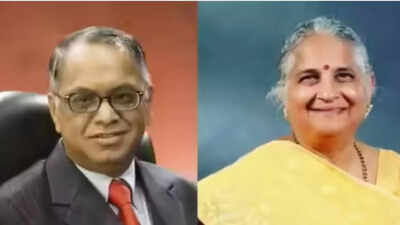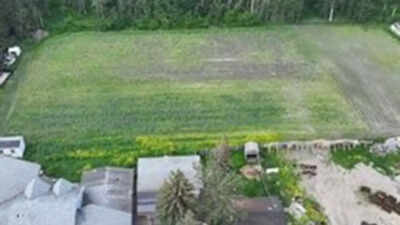
Interstellar object 3I/ATLAS has captured the attention of scientists and space enthusiasts around the world. Renowned Professor Brian Cox describes this comet as truly remarkable, offering a rare window into the early universe. Discovered on 1 July 2025 by the Asteroid Terrestrial-impact Last Alert System (ATLAS), it is only the third confirmed interstellar object to enter the Solar System. Moving at a staggering speed of around 58 kilometres per second and following an extremely hyperbolic orbit, 3I/ATLAS will eventually leave our Solar System after its brief visit. Its age and journey make it an extraordinary time capsule from the ancient cosmos.
Professor Brian Cox on the extraordinary journey of 3I/ATLAS
3I/ATLAS is estimated to be 7.5 billion years old, forming long before the Sun and Earth existed. For billions of years it has travelled alone through interstellar space, carrying material from the early galaxy. Its trajectory, slightly tilted relative to the plane of the Milky Way, indicates it belongs to either the thin or thick disk populations. Scientists tracing its path have found that nearby stars had little impact on its journey, confirming that its origin lies far beyond the neighbourhood of our Solar System.Professor Brian Cox has shared his thoughts on what makes 3I/ATLAS so extraordinary. In an interview with the BBC, he reflected on the contrast between the comet’s vast journey and the rapid progress of human knowledge. “This object was made before the Earth and the Sun had formed. It has been travelling across the Milky Way for billions of years. What I find remarkable is that only 400 years ago we were still debating whether the Earth orbits the Sun,” he said.He added, “Now we have sent spacecraft to the planets that Kepler and others saw moving in the sky, and we are taking photographs of interstellar comets from the surface and orbits of other planets. That, to me, is a remarkable story.”
Speed, orbit, and observation
The comet’s high speed and hyperbolic orbit make it clear that it is not gravitationally bound to the Sun. Its outgassing confirmed it is a comet, and observations from ESA’s ExoMars Trace Gas Orbiter have captured detailed images as it passed Mars. Soon, the Jupiter Icy Moons Explorer (JUICE) will continue to monitor it near Jupiter. NASA’s Neil Gehrels Swift Observatory has also detected water-like emissions, suggesting that its composition may be very different from comets native to our Solar System.Humans are now able to observe such distant and ancient objects in unprecedented detail, photographing them from the orbits of other planets like Mars and soon Jupiter. Professor Cox calls this ability truly remarkable, highlighting the extraordinary progress in astronomical technology achieved in just a few centuries.
Scientific importance of 3I/ATLAS
Studying 3I/ATLAS gives scientists a unique opportunity to understand material from other stellar systems and the conditions of the early galaxy. Its unusual composition and outgassing offer insight into galactic evolution, comet formation, and the diversity of planetary systems beyond our own. Capturing interstellar objects from multiple planetary orbits demonstrates just how far astronomical observation and spacecraft technology have advanced.






